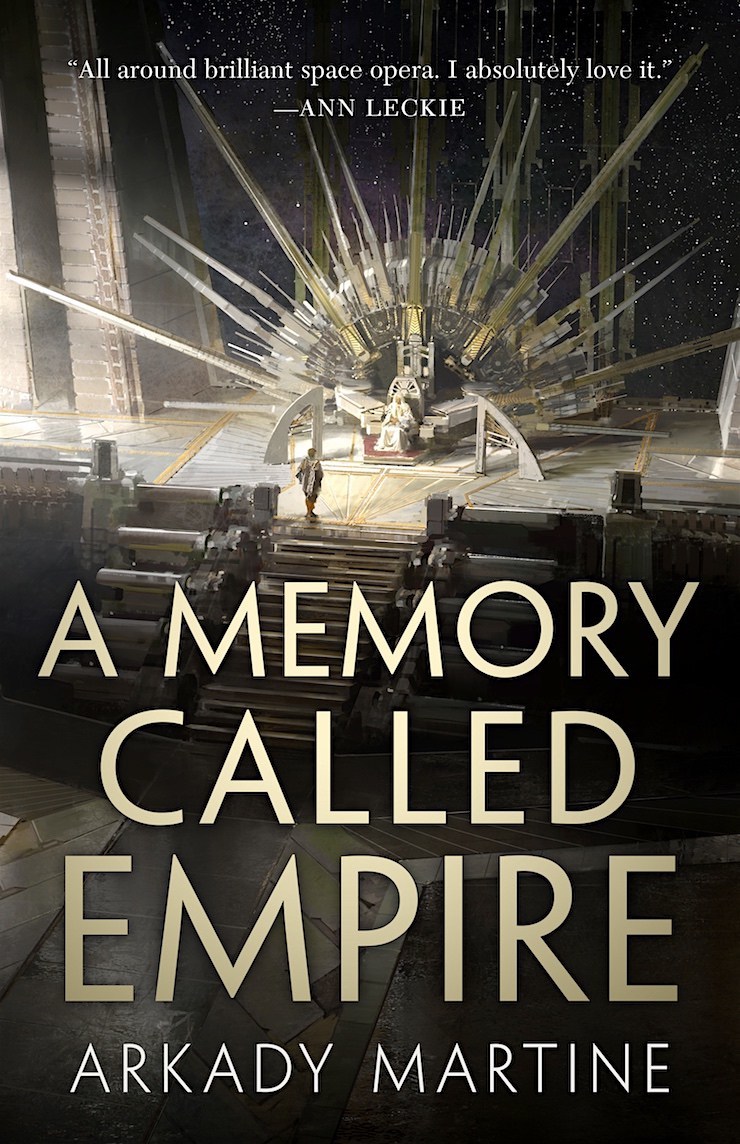Review of 'A Memory Called Empire' on 'Goodreads'
5 stars
On of the best sci-fi novels I've read in some time. Accomplishes the stellar feat of making a story which takes part almost entirely within a single city feel like it has galaxy spanning consequences. Reads as much like medieval court intrigue as it does full on space opera, and is all the better for it.
The last big space opera I read was Saga of the Seven Suns, and while that is a huge story full of fantastic imagination, I enjoyed the writing style of this novel so much more.
Can't wait to read the followup, and hopefully many more to come. Bravo.
On of the best sci-fi novels I've read in some time. Accomplishes the stellar feat of making a story which takes part almost entirely within a single city feel like it has galaxy spanning consequences. Reads as much like medieval court intrigue as it does full on space opera, and is all the better for it.
The last big space opera I read was Saga of the Seven Suns, and while that is a huge story full of fantastic imagination, I enjoyed the writing style of this novel so much more.
Can't wait to read the followup, and hopefully many more to come. Bravo.




